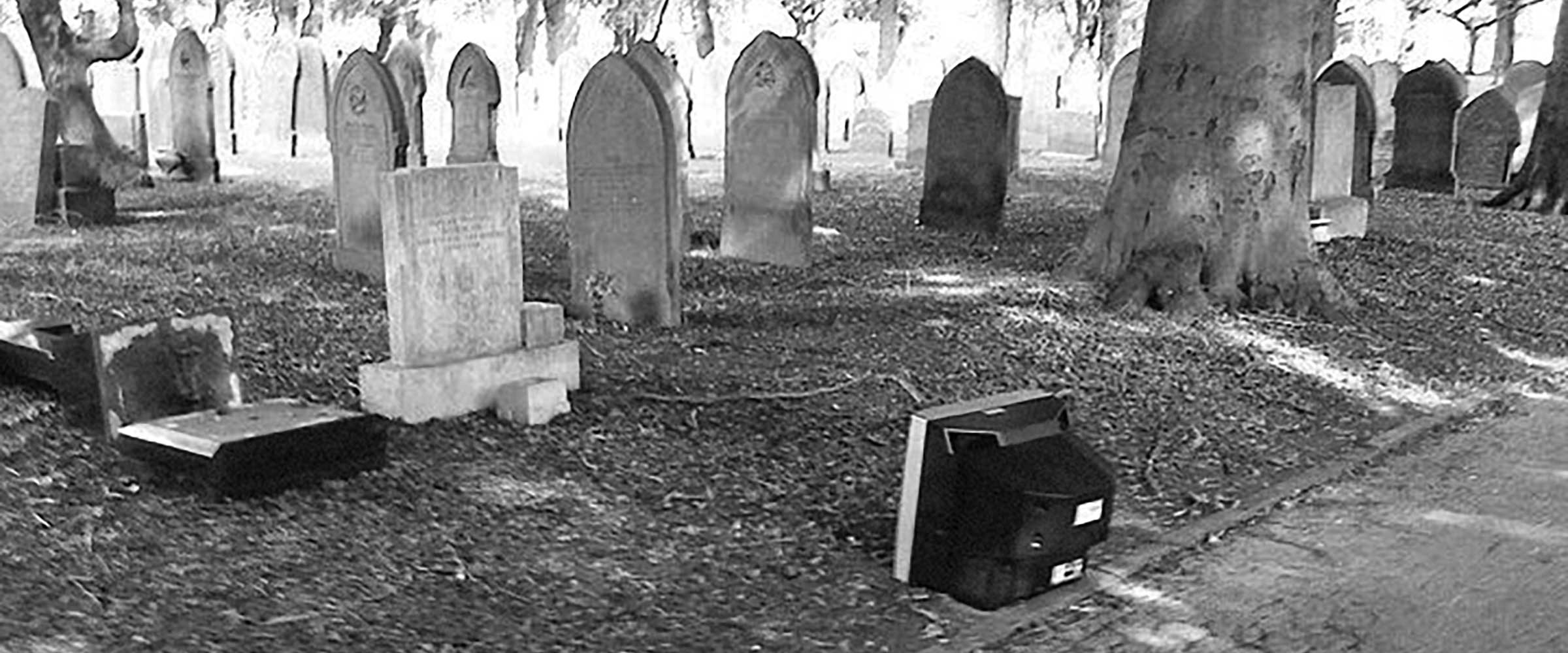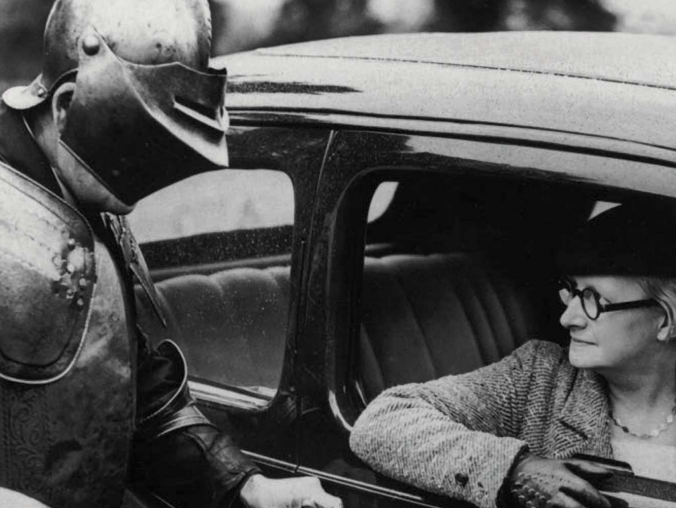

Planning for end of life arrangements
Thinking about death can be hard, but putting plans in place can make a very difficult time easier for those closest to you
Research by Royal London has found that 69% of people are financially and practically unprepared for the death of their partner. However, taking the time to talk about death with the people close to you, and planning ahead for the inevitable, can make it easier for your loved ones to cope when the time comes.
Here are 10 things to think about to help you get your affairs in order:
1. Making a will
It’s the most obvious one, but only 41% of us actually have a will in place. It can cost as little as £150 to get a will created by a solicitor. Alternatively, you can visit a will writing service or buy a do-it-yourself will online or at a stationery shop. You can find more information at Will Aid. You can also read our article to learn more about why making a will is important.
2. Caring for loved ones
A will isn’t just about listing who will inherit your wealth. You should also include details of who will look after your dependents. This is usually children under the age of 18, but if you have pets, you can also include details of who you’d like to look after them too.
3. Locating the money
Another important document to store alongside your will is a list of your bank account details, insurance policies, investments and details of your valuable assets. Don’t forget to leave details of your online life too, including social media accounts, email addresses and online storage accounts. A simple way to do this is to fill out Royal London’s When I’m Gone form.
4. Appointing executors
As part of writing your will, you’ll need to appoint at least one executor. They’ll be responsible for sorting out your estate and carrying out the instructions in your will. It’s a good idea to ask the person first because if they decide not to do it after your death, you could be left with a government official sorting things out. The Money Advice Service has plenty of information on who to choose.
5. Inheritance tax planning
One thing your executor will do is calculate and settle your inheritance tax (IHT) bill. It’s worth planning ahead with a financial adviser to see if you could have an IHT bill to pay on your death. Read our guide to IHT to find out more.
6. Dealing with debts
Despite what most people believe, your debts don’t die with you. They’re paid off out of your estate. However, the debt might be written off if there’s not enough in your estate to pay them off. If the debt’s in joint names, a mortgage for example, then the other person will be liable for the remaining amount owed. One way to avoid burdening your partner with these debts is to take out a life insurance policy.
7. Making a living will
A living will, or advance decision, allows you to outline what you want to happen as you approach the end of your life. An advance decision would become relevant if there came a time when you were unable to make or communicate your own decisions. For instance, it allows you to refuse treatment, even if this might lead to your death.
8. Power of Attorney
There may come a time when you’re unable to make your own decisions. If you live in England or Wales, you should prepare for this by setting up a Lasting Power of Attorney (or Continuing Power of Attorney in Scotland), appointing someone else to make choices on your behalf.
9. Organ donation
If you want your organs to help others after your death, make sure you sign the Organ Donor register and tell your family about your decision.
10. Paying for your funeral
According to Royal London’s Funeral Cost Index, the average funeral costs £3,784. When you die, your bank accounts are frozen while your estate’s sorted out. So it’s a good idea to plan how your funeral costs are going to be covered. One option is to pay in advance with a funeral plan. Read our article to find out more about planning a funeral.
Bereavement support
The death of a loved one is a stressful, upsetting time. Even if you’ve put plans in place, there’s a lot for partners or families to think about when they’re bereaved.
Cruse Bereavement Care offers free and confidential support, advice and information to children, young people and adults. If you need help, whether it’s emotional or practical, you can visit their website, call their helpline on 0808 808 1677 or book a face-to-face appointment.
You can also find a full list of bereavement support organisations at Care for the Family.
More for you

Where does your tax go?
We all know we have to pay taxes, but do you know how they’re spent? Test your knowledge with our tax challenge
MORE
Planning a funeral for you or your loved one
While it’s not something we like to think about, having funeral plans in place can help remove the worry of costs later on for both you and your loved ones
MORE
Your Q3 2018 outlook
Trevor Greetham, Head of Multi Asset Investments at Royal London, explains how the slowing global economy, alongside rising inflation and interest rates, could impact your money in Q3 2018
MORE


